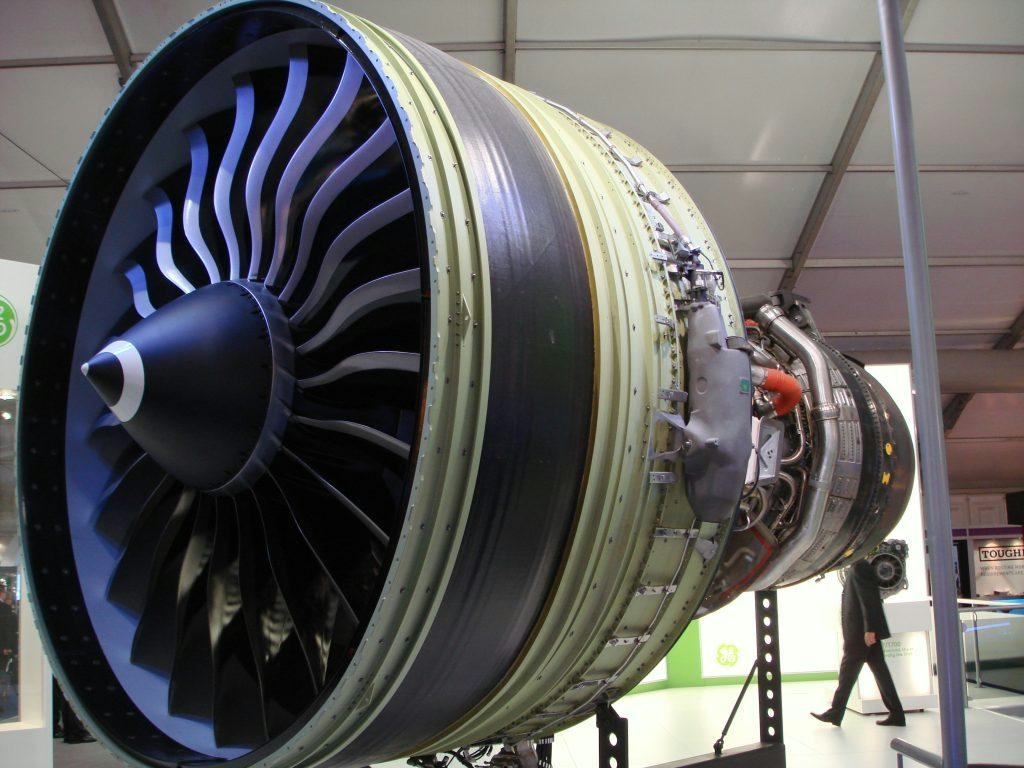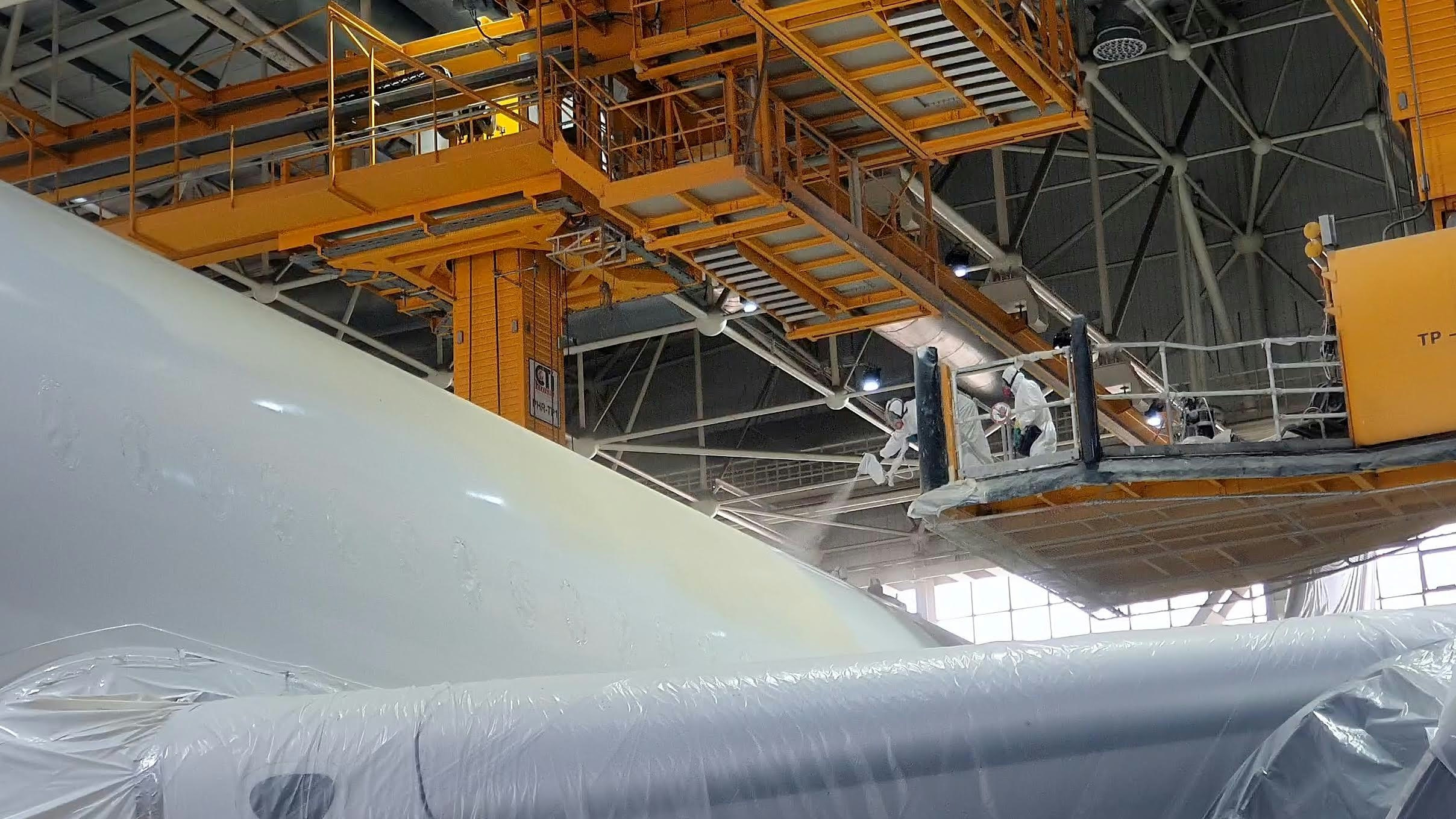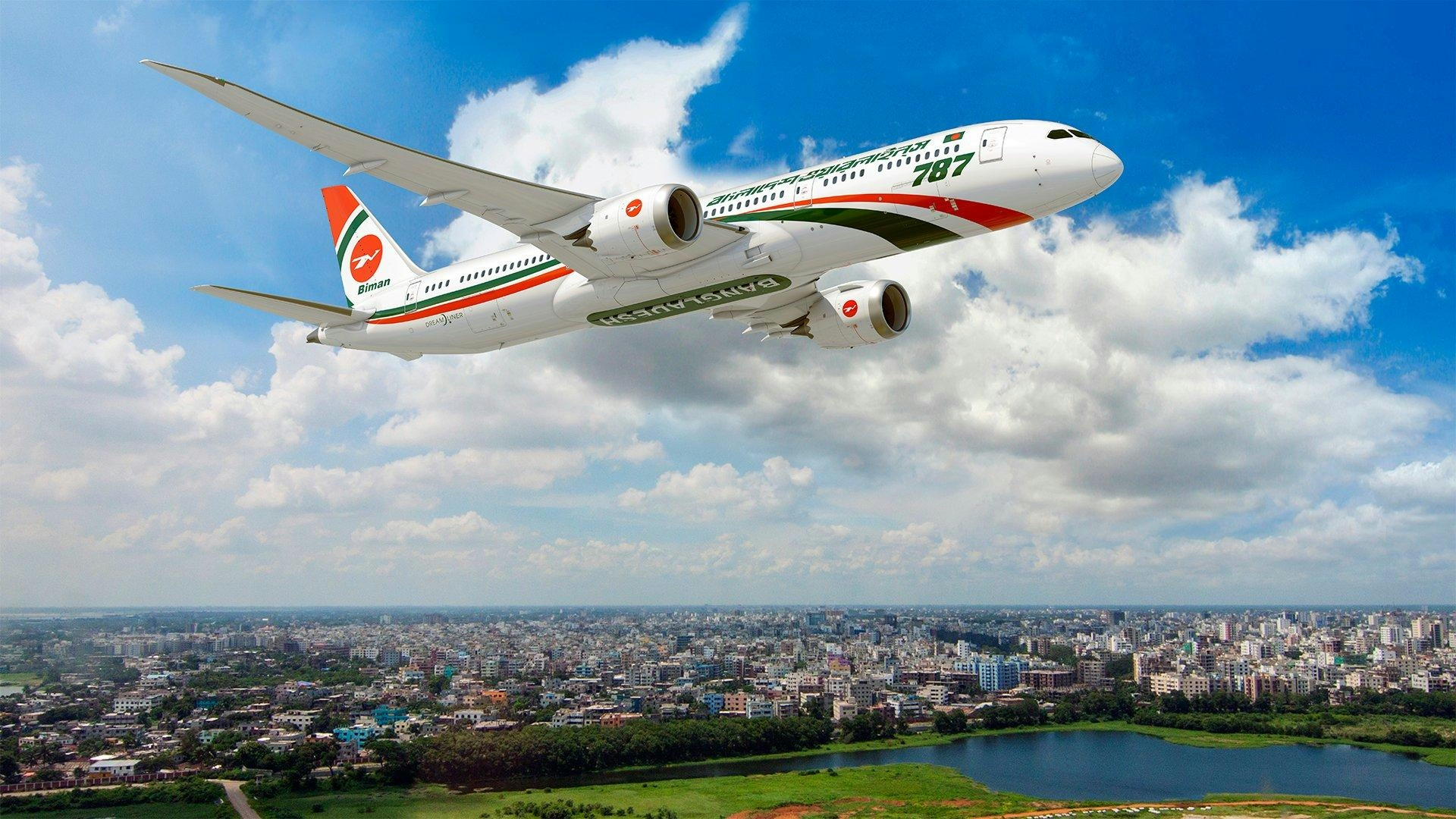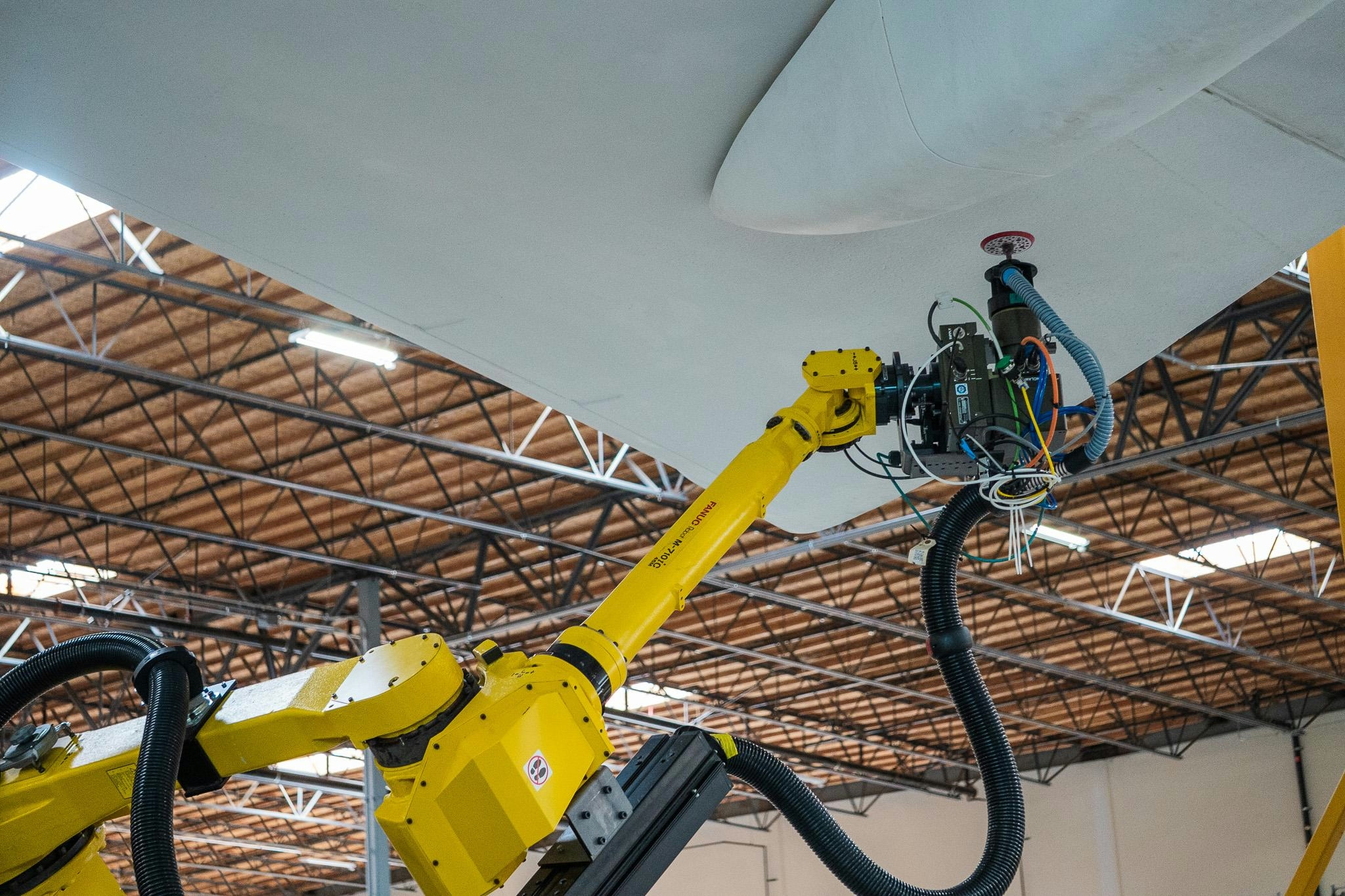
AeroGenie — あなたのインテリジェントな副操縦士。
現在のトレンド
Categories
Mexico's Industrial Convergence and Its Role in Innovation

Mexico's Industrial Convergence: Driving Innovation Amid New Challenges
Over the past two decades, Mexico’s aerospace sector has rapidly ascended to become one of the nation’s most dynamic industries, complementing its established automotive and advanced manufacturing sectors. Together, these industries have positioned Mexico as a formidable player in global production. However, the traditional model of industries operating in isolation is giving way to a new paradigm shaped by global megatrends such as decarbonization, electrification, artificial intelligence, and the drive for supply chain resilience. This industrial convergence presents a significant opportunity for Mexico to evolve beyond its historical role as an assembler and emerge as a genuine innovator on the world stage.
Cross-Industry Synergies: From Assembly to Innovation
The critical question is no longer whether industries will intersect, but how Mexico can strategically leverage these overlaps to influence the future of mobility and technology. By fostering cross-industry collaboration, the country can transition from a participant in global supply chains to a creator of integrated, cutting-edge solutions.
Aerospace and Automotive: Shared Pathways to Electrification and Autonomy
Mexico is uniquely positioned with a strong aerospace presence alongside a robust automotive industry. Regional hubs specializing in advanced aerospace engineering coexist with key automotive supply chain centers, creating fertile ground for collaboration. The automotive sector’s ongoing shift toward electric vehicles and battery technologies offers valuable insights for aerospace, particularly as the industry explores hybrid-electric aircraft, electric vertical takeoff and landing vehicles (eVTOLs), and urban air mobility solutions. Innovations in lightweight materials and composites developed for automotive manufacturing are equally critical for next-generation aircraft, while autonomous driving technologies share foundational elements with AI-driven flight safety and air traffic management systems.
Despite these promising synergies, challenges persist. Geopolitical tensions and supply chain vulnerabilities, especially within the automotive sector, have exposed operational risks. U.S. immigration enforcement policies and tariffs have disrupted operations, resulting in significant financial setbacks for companies such as General Motors and Stellantis. In response, industry leaders are investing in diversified supply chains and automation technologies to enhance resilience. Competitors like Toyota and Tesla have demonstrated strategic agility by prioritizing scenario planning and supply chain diversification, enabling them to mitigate risks and outperform rivals in volatile markets.
Aerospace and Energy: Powering Sustainable Flight
The global energy transition is reshaping aerospace, demanding innovations in sustainable aviation fuels, hydrogen propulsion, and supporting infrastructure. Mexico’s abundant renewable energy resources—including solar projects in Sonora and wind corridors in Oaxaca—offer untapped potential for green hydrogen production, a critical component for sustainable aviation and other transport sectors. Additionally, the country’s agricultural and petrochemical industries could play a pivotal role in producing sustainable aviation fuels (SAF), positioning Mexico as a regional hub for clean aviation energy. Airports themselves may evolve into microgrids, supplying renewable power to aircraft and surrounding communities. Strategic partnerships among government entities, global energy companies, airlines, and maintenance, repair, and overhaul (MRO) networks could accelerate the adoption of sustainable aviation technologies across Latin America.
Aerospace and Digital: AI, Data, and Industry 4.0
Digital transformation is further eroding traditional industry boundaries. Predictive maintenance and AI-enabled systems are revolutionizing fleet operations, enhancing efficiency and safety. Mexico’s growing IT hubs in Guadalajara, Monterrey, and Mexico City provide a skilled talent pool capable of bridging aerospace with adjacent sectors. Expertise in cybersecurity, honed in the financial services industry, can be leveraged to protect increasingly connected aircraft systems, while big data analytics can optimize flight operations with the same precision applied in healthcare and other data-intensive fields.
Looking Ahead
Mexico stands at a pivotal juncture. By embracing industrial convergence and proactively addressing emerging risks, the country has the potential to redefine its role in global innovation. This transformation could see Mexico evolve from a manufacturing stronghold into a leader in integrated, resilient, and sustainable technological solutions.

FAA Issues Airworthiness Directive for GE90 Engines After Powder Metal Contamination Found

Flying taxis could take off this year in Florida

ASKY and TAAG Angola Airlines Establish In-House MRO Facilities to Support Fleet Expansion

Airbus to Release Audited 2025 Orders and Delivery Data on January 12

Biman Bangladesh Selects Boeing for New Aircraft Order

Amazon Cancels Italian Drone Delivery Plans Days Before Launch, Setback for U-space

Lufthansa Celebrates 100 Years of Aviation Innovation

How AI Is Transforming Aviation

Comply365 Acquires MINT Software Systems
